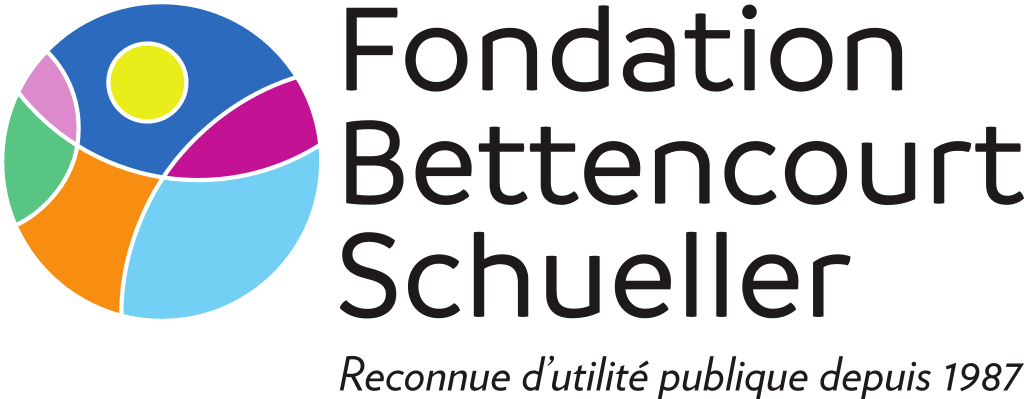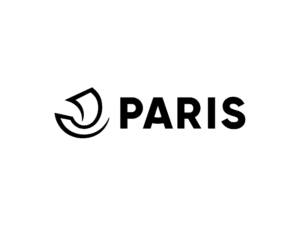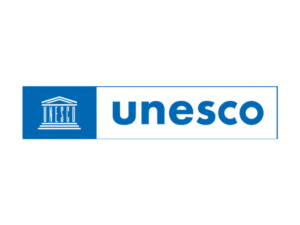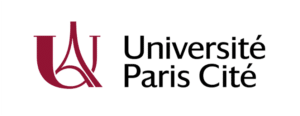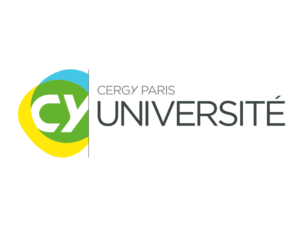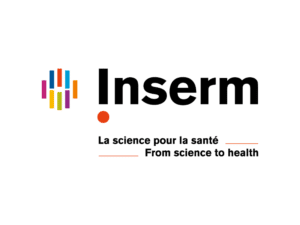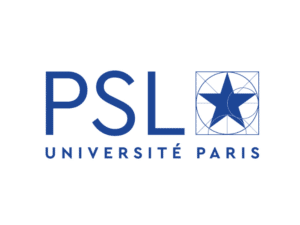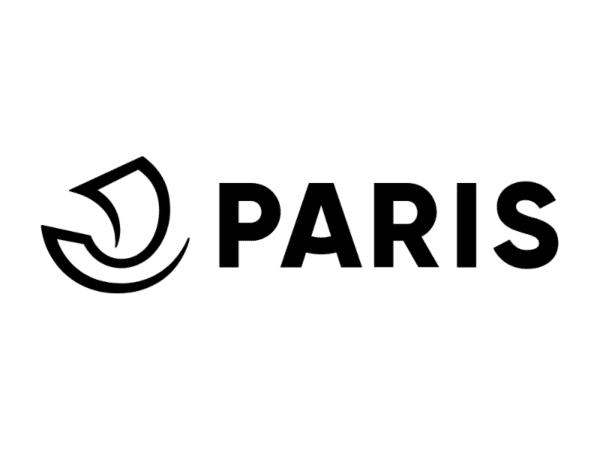Who
are we?
Our beliefs, missions and actions
Since 2006, the Learning Planet Institute has been dedicated to reinventing learning for all ages (lifelong learning) through collective intelligence in order to build sustainable & inclusive learning societies able to rise to the complex challenges we face.
The Institute’s mission is to explore, research and share new ways of learning and cooperating in order to respond to the needs of the youth and the planet. By encouraging and disseminating a culture, methods and tools for empowerment, it transforms organisations. Ultimately, it leads communities and supports “Learning Planetizens” to take care of themselves, others and the planet.

To achieve its goals, the Learning Planet Institute creates research and educational programmes based on interdisciplinarity, diversity and initiative.
This relies on the synergies between its activities: R&D, Education, International Alliance, Transformation of Organisations and Digital Ecosystems.
Vidéo
Our history
From the CRI to the Learning Planet Institute
In response to the multiple crises (social, environmental, economic), researchers François Taddei and Ariel Lindner launched the Centre de Recherches Interdisciplinaires (Centre for Interdisciplinary Research, CRI) in 2006, to train the next generation of scientists working at a crossroads between life sciences, education, and digital technologies. They are convinced that it is not only necessary but also possible to adopt a new and unique approach to education through research.
The CRI then doubled in size every eighteen months: it started out as a small-scale organisation and it became an internationally renowned institute, a global community with several hundreds partners across the world.
At the end of 2021, in order to increase its impact and to respond to the global challenges identified by the Sustainable Development Goals, the CRI was transformed into the Learning Planet Institute. This responded to the renewed ambition to co-create a learning society, capable of tackling the complex challenges we face today and in the future.
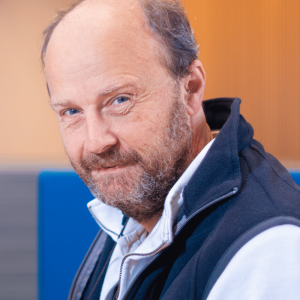
Biography of François Taddei
Co-founder of the CRI and president of the Learning Planet Institute
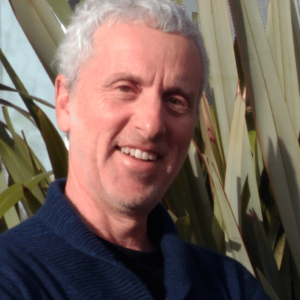
Biography of Ariel Lindner
Co-founder of the CRI, head of Engaged Life Science (ELiS) and supervisor of the leaders of research teams
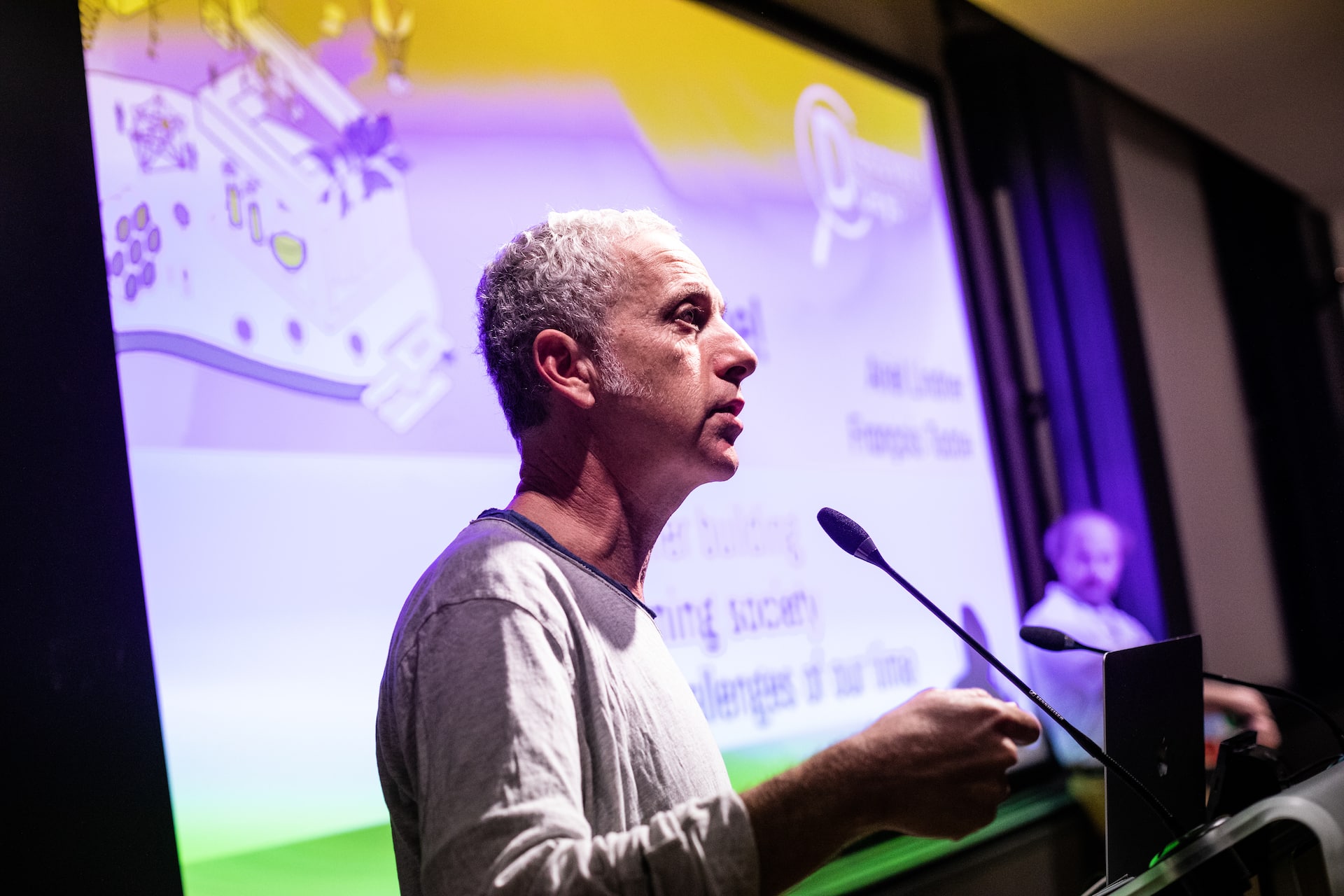
What
we believe in
The Learning Planet Institute advocates a large-scale collaboration to co-build a learning society, capable of addressing the complex challenges we face, today and in the future. In this society, the “Learning Planetizens” would learn to take care of themselves, the others and the planet.
To achieve these goals, the Institute promotes far-reaching collaborations to build a learning planet and develop new ways of learning and cooperating. It encourages the development of communities working together to find sustainable solutions in the education and health sectors and finding ways to reach the Sustainable Development Goals (SDGs) by 2030.
Our communities
As the Learning Planet Institute encourages us to collaborate, share, and develop spin-offs, we would like to warmly thank the partners who work with us, and without whom nothing would be done
Our patrons and partners
The LearningPlanet Alliance
Created in 2019 by the Learning Planet Institute and UNESCO, the International Alliance is a global community of practice dedicated to the transformation of education and to the co-construction of a learning society.
It brings together diverse complementary actors, committed to a common goal: to teach individuals how to “take care of themselves, the others and the planet”.
Together, they share their knowledge, their pedagogical practices and their field experiences in order to better prepare individuals and organisations to understand and face, collectively, the challenges of our time.
Alumni
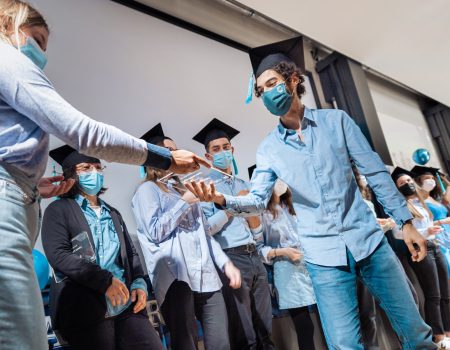
The Learning Planet Institute has more than 2 000 alumni.
The diversity of their profiles, backgrounds and nationalities contributes to our richness, creativity, energy, legitimacy, and success.
With their diverse interdisciplinary backgrounds, all these personalities offer an exceptional opportunity to build a network around the world.
Student clubs
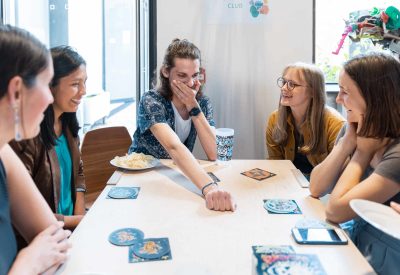
Our governance
The governance of the Learning Planet Institute is divided into six bodies

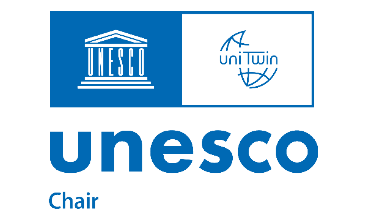
The Learning Sciences UNESCO Chair (“Sciences de l’apprendre”)
François Taddei, founder and president of the Learning Planet Institute, has been UNESCO Chair in Learning Sciences (“Sciences de l’apprendre”) since 2014.
This Chair is conducted in partnership with Université Paris Cité.
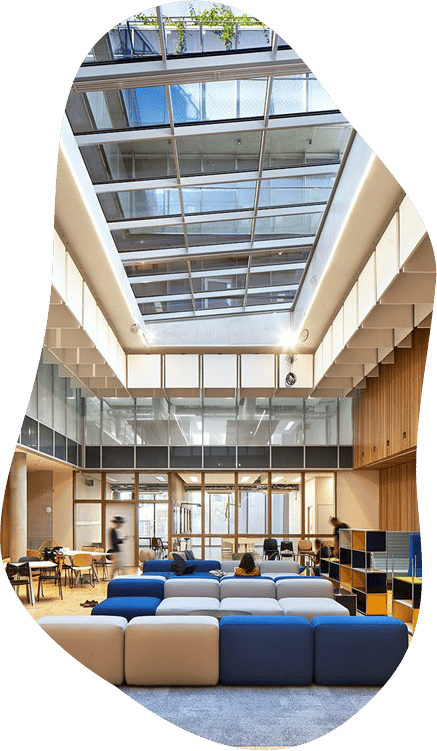
Our sustainable campus
Located in the heart of Paris with a total surface area of 5,000 m², our campus was inaugurated in October 2018. It has been constructed and restored thanks to the support of the Bettencourt Schueller Foundation and the City of Paris.
Discover the speech of Mrs Françoise Bettencourt Meyers, President of the Bettencourt Schueller Foundation, at the inauguration of our campus on 4 October 2018 (in French).
Since the Learning Planet Institute is determined to become a major actor in education, following the Sustainable Development Goals (SDGs), our building must operate along the same lines.
Taking care of the environment and the people who use our campus also translates into raising awareness about the challenges of the ecological and social transition among all our stakeholders (students, professors, service providers, etc.), in order to make the campus as responsible and inclusive as possible.
